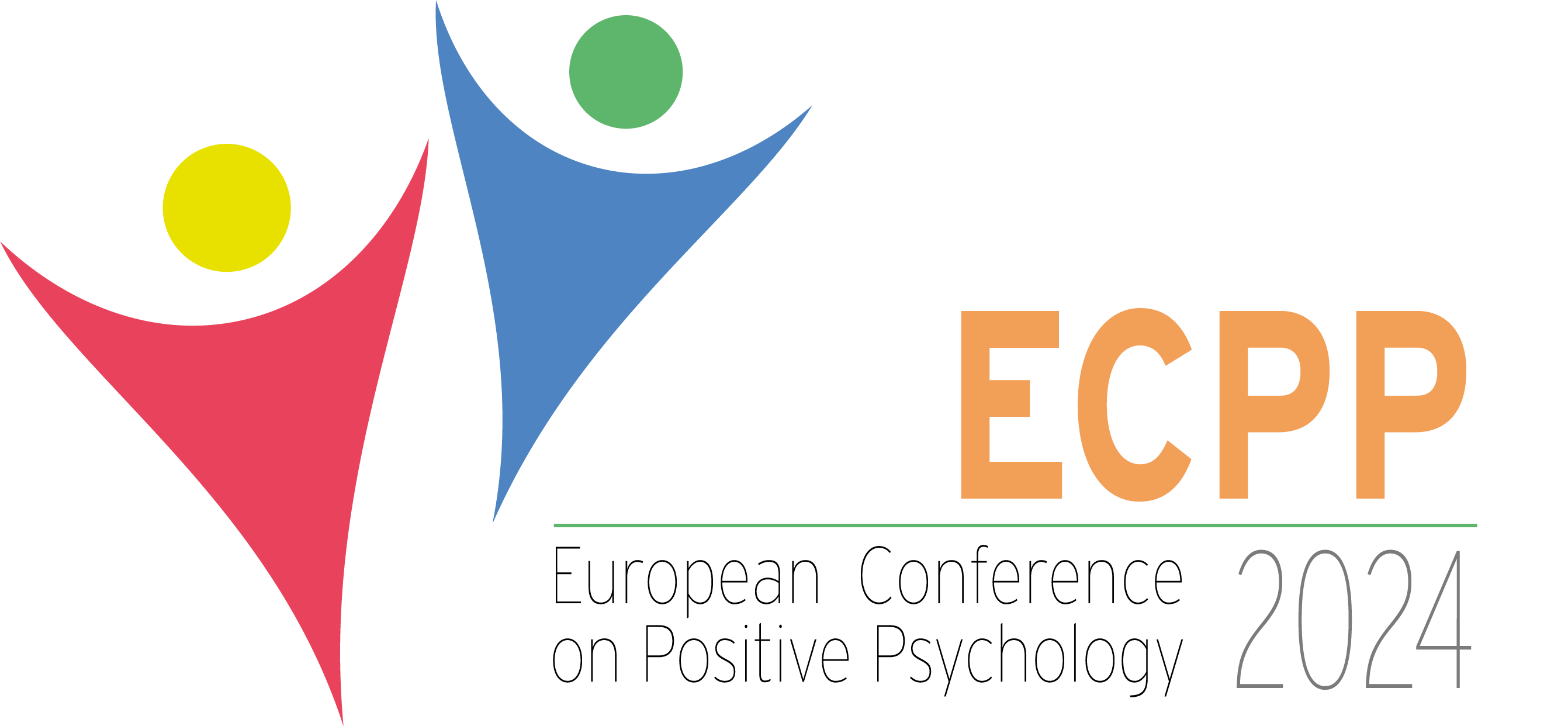Jeanne Nakamura
Prosocial Commitment, Flow, and the Limits of Attention
Abstract
As past scholarship has made clear, both at any given moment and over the course of a lifetime we have only finite attention but we face endless claims upon it; individual and collective wellbeing thus depend to a significant degree on how this limited attention is invested. Devoting focused and full attention to what one is doing in the present moment is one way of investing attention. Directing attention to outcomes lying beyond the present moment – among which are included not just one’s own future gain but also others’ future welfare – is another. In this presentation, I discuss how the investment of attention shapes experiences of prosocial commitment (dedication to the wellbeing of others) and experiences of flow (deep, enjoyable absorption), how the two can be in tension, and how they can be in harmony. Quantitative and qualitative research findings are outlined. In addition, I discuss implications for the understanding of attention and its relationship to the quality of life, individual and collective.
About Jeanne Nakamura
Jeanne Nakamura is Associate Professor of Psychology and Director of the Quality of Life Research Center at Claremont Graduate University (CGU) in Claremont, CA, USA. She received her PhD from the University of Chicago. She helped establish CGU’s Quality of Life Research Center with Mihaly Csikszentmihalyi in 1999 and its positive psychology graduate program, which offered the first doctoral degree focusing on positive psychology, in 2007. She studies positive psychology in a lifespan-developmental context, including vital engagement and flow, good work and good mentoring, and aging well. She is coauthor of Good Mentoring and Creativity and Development and co-editor of Positive Psychological Science. Her current research and writing address motivation and engagement in adulthood, and prosocial commitment after sixty as a model for positive aging. She is a current member of the International Positive Psychology Association’s Council of Advisors, and with colleagues has organized conferences on Alternatives to Materialism and the Psychology of Well-being and Its Ecological Implications.

